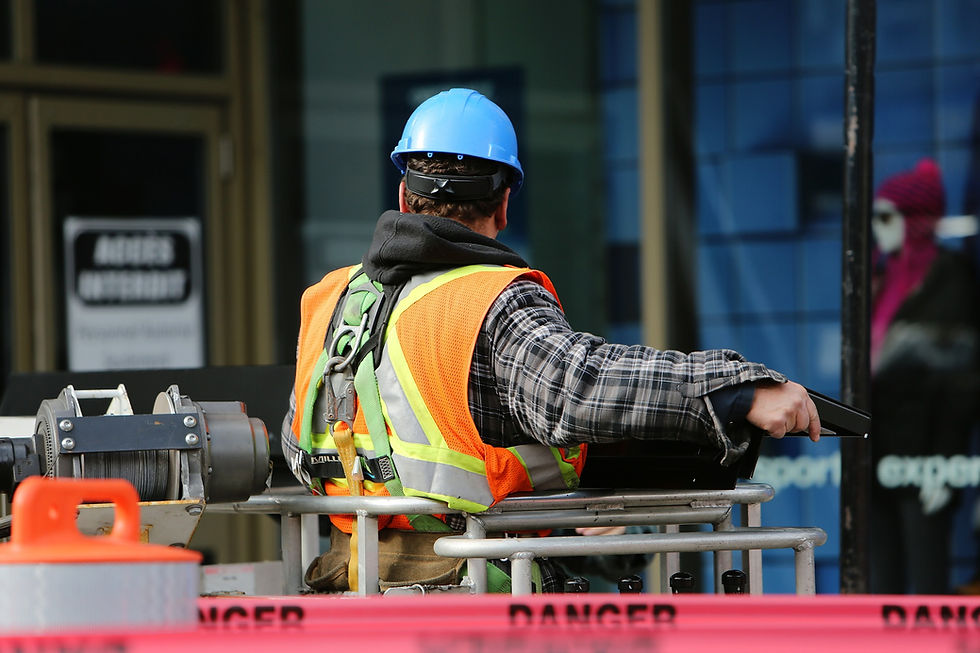Everett Stadium Project Draws Fire for Flawed Priorities and Shaky Math
- Grassroots Everett

- Jun 30
- 3 min read
The debate over Everett’s proposed downtown stadium has morphed into a chorus of frustrated citizens, suspicious of inflated costs, secrecy, and misplaced priorities. Hundreds of comments are flooding into community forums, expressing outrage that city leaders are rushing to spend upwards of $100 million for a baseball stadium while not addressing insufficient police staffing and cuts to parks.

One consistent refrain: “Refurbish Funko Field instead.”
Correspondence obtained from residents shows a pattern of questions repeatedly ignored by city staff and the mayor’s office. Citizens have asked for clear documentation showing that the minor league team at the center of this drama will in fact leave town if they don’t get a brand-new facility. The City has yet to produce a letter or binding statement proving those claims. Instead, officials rely on closed-door meetings with league representatives and vague threats of relocation to justify building a costly new stadium on downtown property — land that would require extensive eminent domain takings.
Meanwhile, serious proposals to renovate Funko Field, located on school district land, are being systematically brushed aside. Multiple written comments highlight that a detailed feasibility study for Funko Field renovations already exists, showing that basic league compliance could be achieved for much less than the downtown proposal.

One local commenter called out what he sees as willful exaggeration of Funko Field renovation costs. He outlined a modular construction plan to fix mandated clubhouse and facilities issues for under $3.5 million — an approach that would safeguard taxpayers from blank-check spending and preserve Funko Field’s heritage and location. “This city needs priorities,” he wrote, “not blank checks for stadium consultants.”
Adding to the chorus of concern, a public comment submitted by a former candidate with a background in fiscal modeling raised red flags about the missing financial backbone of the new stadium proposal. The commenter blasted the process as lacking transparency and rigor, observing that the City appears not to have received — or certainly has not published — a full fiscal model justifying the stadium’s economics. Without that, both the Council and the public are essentially being told to “trust us” at a time when Everett faces a projected $12.6 million annual deficit.

As the commenter summarized: “In a city that faces a $12.6M annual deficit and rising, proceeding without reviewing the model and its assumptions would be irresponsible.”
Federal legislation on the horizon might also eliminate tax write-offs for stadium bonds, raising even more questions about how this fragile financing plan could survive.
These are not small details. They are fundamental errors in planning a nine-figure project.
Over and over, citizen comments are demanding that the city hit pause. That the public deserves answers on why, exactly, a brand-new stadium is more valuable than investing in public safety, roads, or housing. That the City has an obligation to release the full financial assumptions behind this massive gamble.

Yet officials continue to push a narrative built on marketing buzzwords rather than public trust. They tout “economic development” and “quality of life” while ignoring the quality of life issues already plaguing Everett residents every day — crime, homelessness, potholes, and the high cost of living.
The sense among commenters is clear: city leadership seems more interested in chasing a glossy marketing package to impress league executives than in standing up for the people who actually live here and pay taxes.
There is no serious sign that this flood of public concern is slowing.


